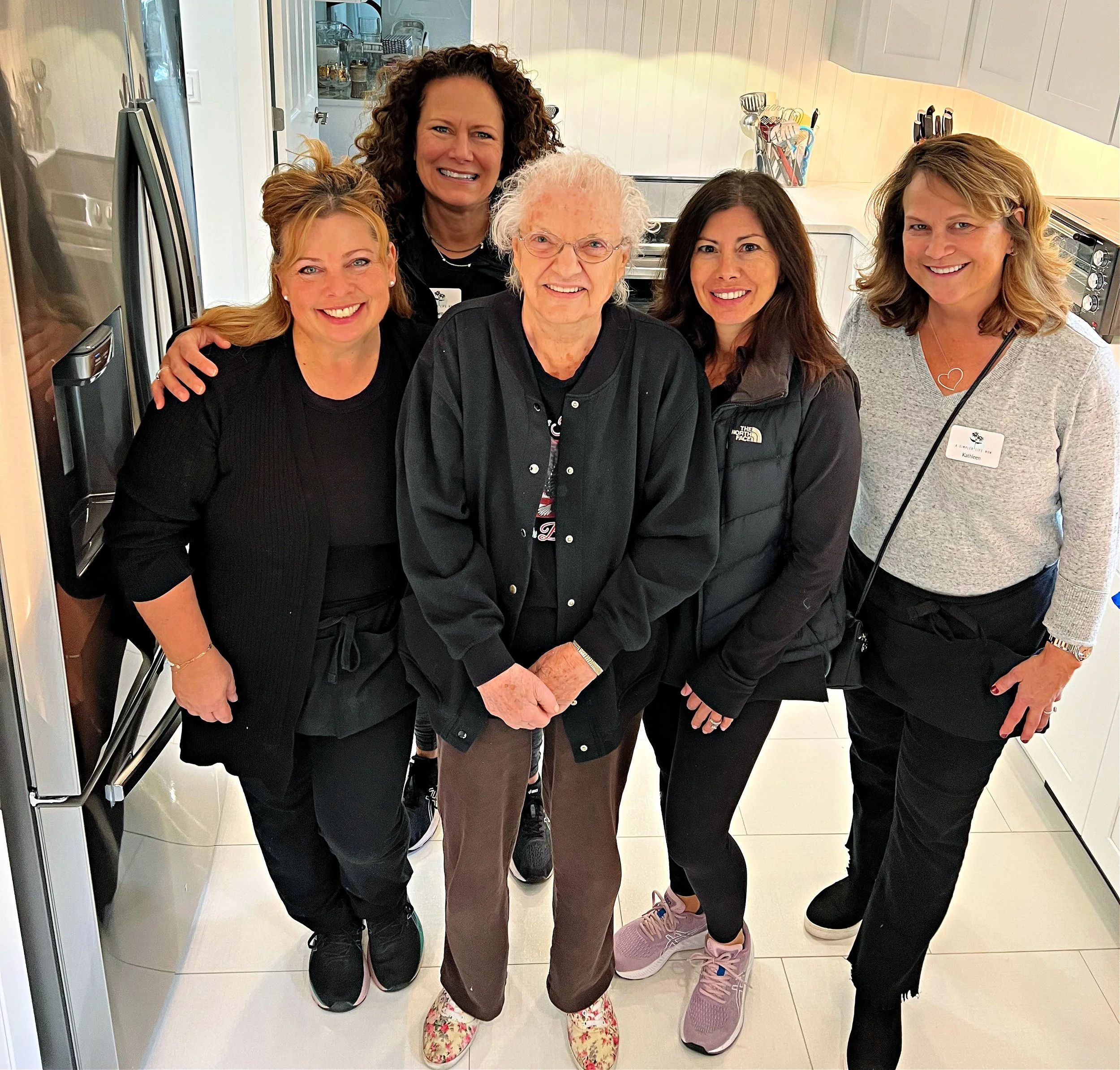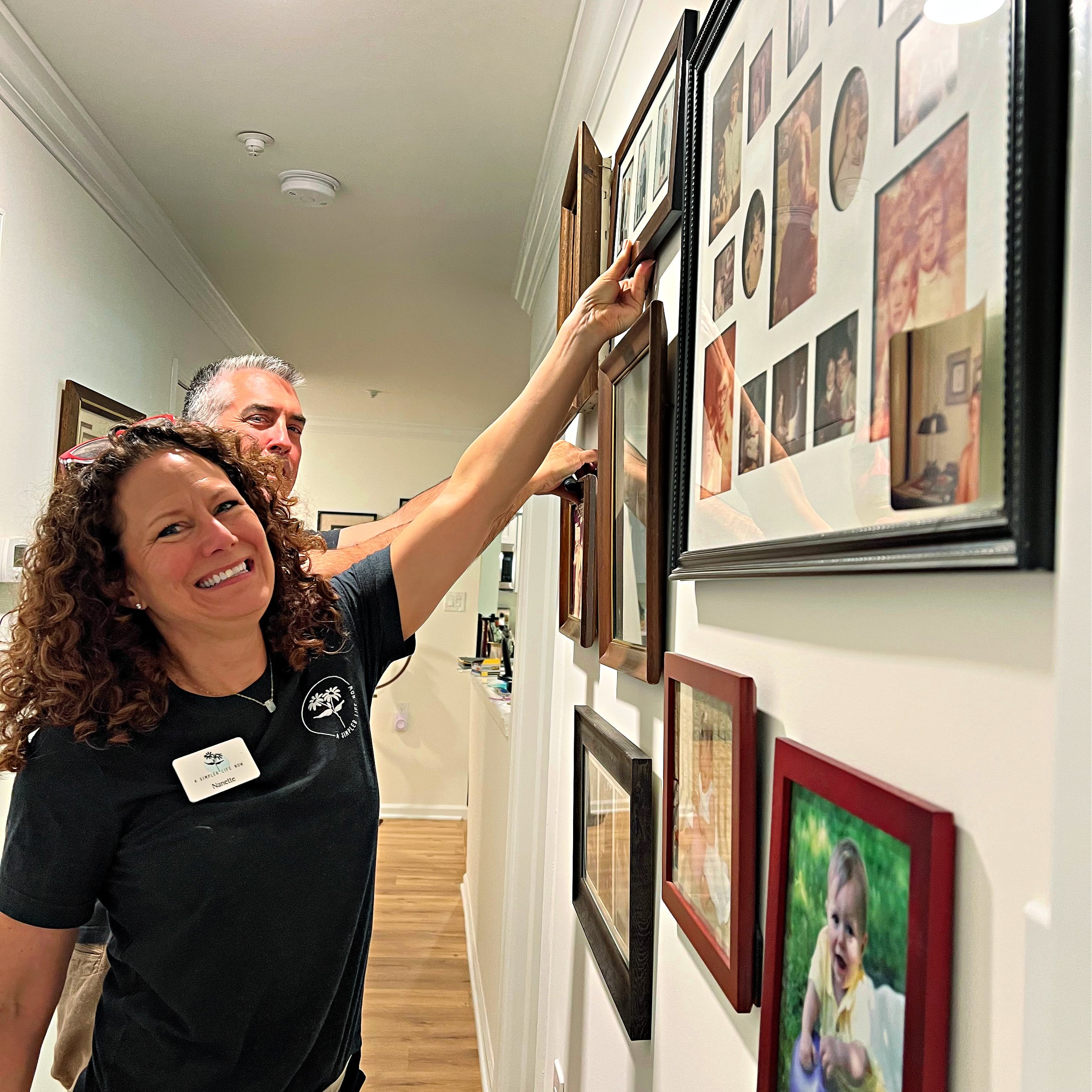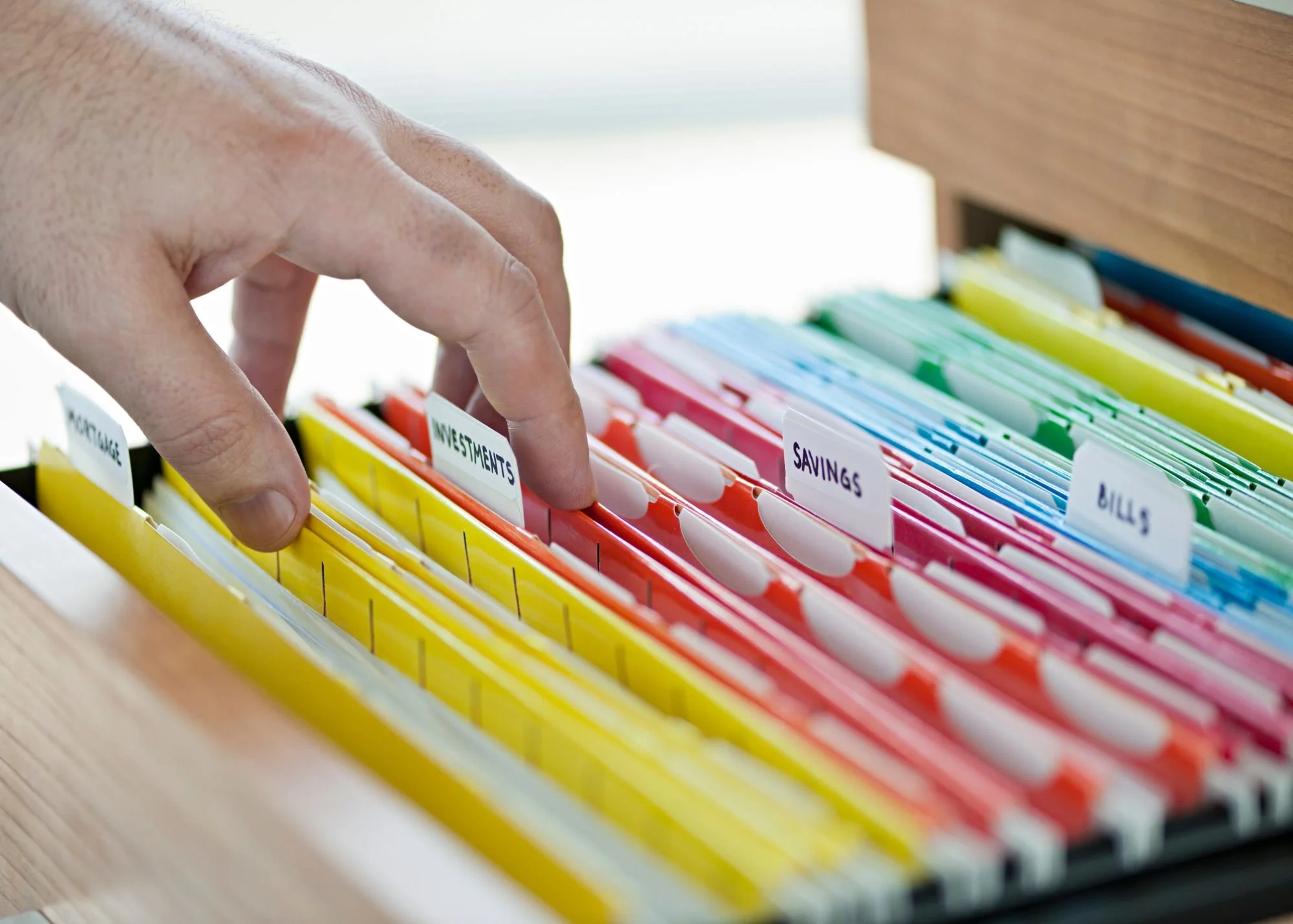Spring Cleaning & Decluttering: Refresh Your Space and Your Mind
Spring is the perfect time to refresh, reset, and reclaim your space! As the season changes, many of us feel inspired to open the windows, let in the fresh air, and tackle long-overdue decluttering projects. A well-organized home looks excellent and brings a sense of calm and clarity to our daily lives. If you’re ready to roll up your sleeves and embrace the magic of spring cleaning, here’s a simple guide to help you declutter efficiently and create a lighter and more peaceful space.
1. Start with a Plan
Jumping into spring cleaning without a plan can feel overwhelming. Instead of tackling everything at once, break it down into manageable tasks. Make a checklist of the rooms or areas you want to focus on first—kitchen, closets, garage, or home office. Setting small, achievable goals will motivate you and help you see progress.
2. The 4-Box Method: Keep, Donate, Recycle, Trash
When decluttering, decision-making can be the hardest part. Simplify the process with the 4-box method. Label four boxes or bins:
Keep – Items you love and use regularly.
Donate – Items in good condition that can help someone else.
Recycle – Paper, electronics, and other recyclable materials.
Trash – Items that are broken or beyond use.
This method helps eliminate clutter while ensuring items are thoughtfully sorted instead of shuffled around.
3. Refresh High-Traffic Areas First
Could you start decluttering the spaces you use the most? These could be your entryway, kitchen counters, or bedroom closet. These areas tend to accumulate clutter quickly, so clearing them first will make an immediate difference in how your home feels. Plus, seeing results early on can motivate you to keep going!
4. Clear Out Seasonal Items
Spring is a great time to rotate seasonal items. Pack away heavy winter coats, boots, and holiday decorations to make space for lighter spring and summer essentials. If you didn’t wear or use something all winter, ask yourself if you need to keep it for another year.
5. Digitally Declutter Too
Spring cleaning isn’t just for physical spaces! Take some time to organize your digital life. Delete unused apps, delete explicit emails, and organize your desktop. A clutter-free digital space can help improve productivity and reduce mental stress.
6. Deep Clean as You Declutter
Once you’ve cleared out unnecessary items, give each space a deep clean. Wipe down surfaces, vacuum under furniture, and freshen up fabrics like curtains and upholstery. A clean space feels even more rewarding after decluttering!
7. Maintain the Momentum
The key to a clutter-free home isn’t just a one-time purge—it’s a mindset. Create small habits that help maintain your space, like a “one in, one out” rule for clothing or a 10-minute nightly tidy-up routine. This way, your home stays fresh and organized year-round.
Let’s Make This Spring a Fresh Start!
Spring is all about new beginnings, and what better way to embrace the season than by creating a clean, clutter-free home? Whether you’re starting small or tackling your entire house, every step forward makes a difference. Happy spring cleaning!




















